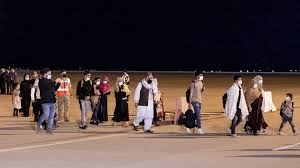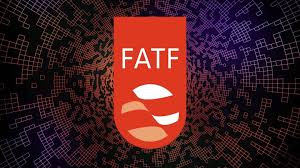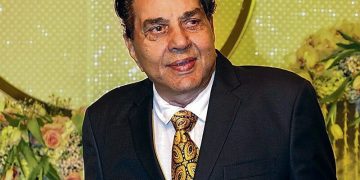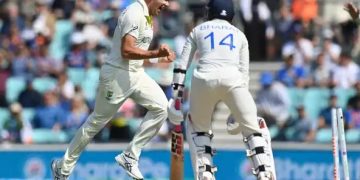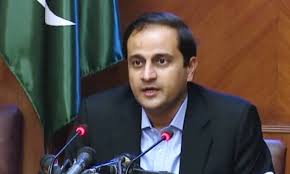Senior puisne judge of the Supreme Court Justice Qazi Faez Isa on Wednesday reiterated his position on the chief justice’s suo motu powers, stating that the authority to exercise this power is not exclusively vested in the chief justice or a senior judge.
Addressing a ceremony on the Constitution of Pakistan in Islamabad, Justice Isa said the 50th anniversary of the Constitution was being celebrated, adding it is not a book for him as it contains the rights of the people.
He added the Constitution is not only for politicians, a few people, parliament, or the judiciary, but for the people.
Justice Isa says whenever there is injustice, it does not last long. A wrong decision will remain wrong, even if it is by the majority.
“My opinion is not important, the opinion will be that of the Constitution,” he maintained.
Talking about Pakistan’s dark chapter of ‘Fall of Dhaka’, Justice Isa said Pakistan did not suddenly break into two in 1971, adding its seeds were sown by Justice Munir in February 1974 when Sheikh Mujib was invited to the second Organisation of Islamic Cooperation conference.
“Whether Justice Munir’s decision was right or not should be decided by a referendum. History has taught us seven times. The Constitution is a heavy burden on us, we have taken an oath to protect the Constitution,” said the senior apex court judge.
The SC judge remarked that PPP founder Zulfikar Ali Bhutto was sentenced to death by court, then a drama of democracy and referendum was staged.
“When a referendum is held, the turnout is 98%,” he stressed.
He went on to say that the Constitution is a gift that will not be given again; it has been damaged many times, yet stands today.
He said a government officer took over the country on October 12, 1999, on November 2007, the dictator took another unconstitutional step.
“Pervez Musharraf himself gave himself constitutional protection. A wrong decision will remain wrong even if it is by a majority.”
Justice Isa further said the concept of caretaker governments was given for transparency in elections. Unless people understood the Constitution, it will have no value, he added.
Responding to a question on suo motu authority, Justice Isa said the Supreme Court has been given the power of sou motu in the Constitution, adding nowhere is it mentioned that this power belongs to the chief justice or a senior judge.
“The Supreme Court means all its judges,” he stressed, adding every step should be taken carefully on the suo motu clause.





